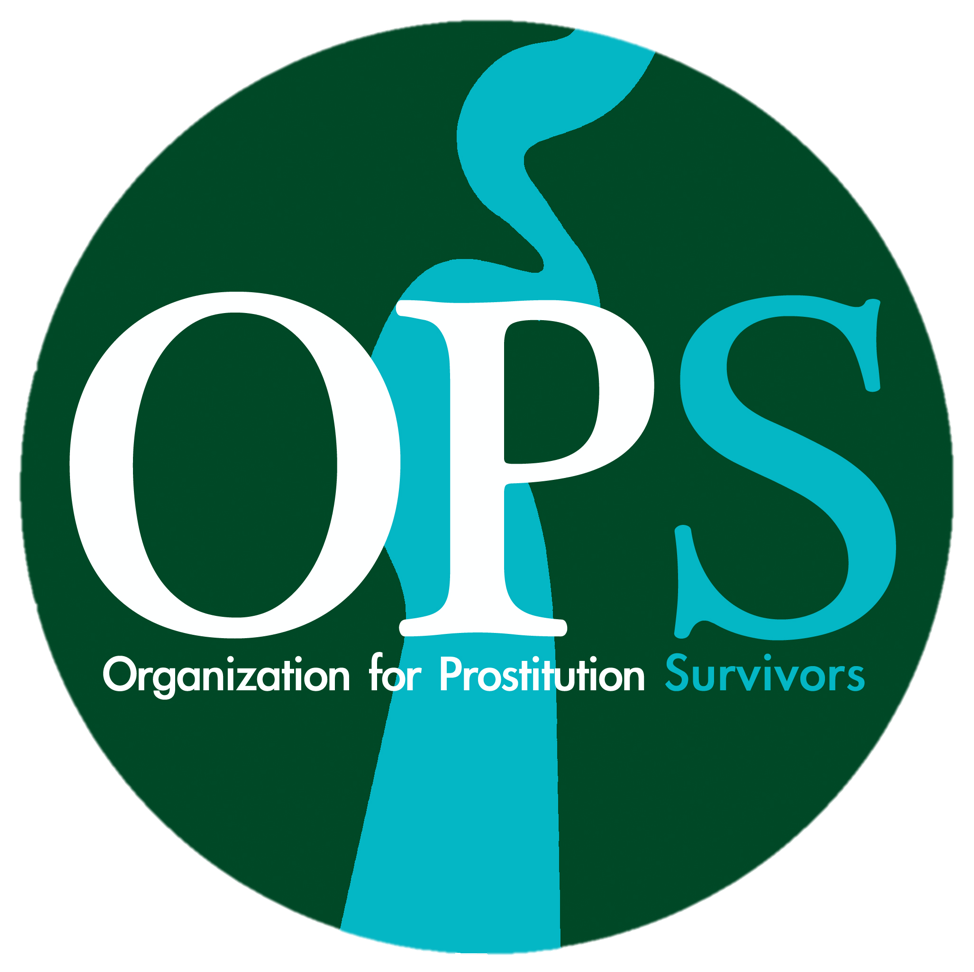Cross-National Convening on Exploitation for OPS
This cross-national convening brought together policymakers, survivors, law enforcement, and advocacy groups from Washington State and Canada to address the shared challenges of exploitation and trafficking. The project aimed to foster collaboration, align strategies, and build trust across borders to strengthen prevention and survivor support systems. By creating a shared space for dialogue and partnership, this initiative laid the groundwork for lasting cross-border cooperation.
Process
-
Exploitation and trafficking do not adhere to geographic boundaries, yet differences in laws, jurisdictional practices, and communication systems create significant challenges for cross-border collaboration. Washington State and Canada, sharing a high-traffic international border, required a coordinated approach to address these issues effectively.
-
To ensure the success of the cross-national convening, I employed a strategic and resourceful approach focused on collaboration, transparency, and impactful dialogue:
Budget-Conscious Planning: Worked with a volunteer to organize the event with minimal funding, sourcing free space in Bellingham, Washington—a mutually convenient location for U.S. and Canadian participants. Managed all logistical elements, including securing the venue, coordinating travel, and providing meals for attendees.
Participant Engagement: Developed and distributed invitations to key stakeholders, including survivors, service providers, and advocacy organizations. Prepared participants in advance with detailed discussion questions and an overview of the event format.
Discussion Format Design: Determined that a roundtable/fishbowl discussion format would foster open and transparent communication. Crafted four key discussion topics tailored to address cross-border challenges, including mobilizing marginalized communities, survivor leadership, border policy impacts, and men’s accountability in combating exploitation.
Tailored Programming: Included a Survivor Breakfast to create a dedicated space for survivors to connect before the main event. This informal gathering allowed for meaningful relationship-building and ensured that survivor voices were central throughout the day.
Facilitator Preparation: Provided detailed guidance and training for facilitators to ensure they could effectively manage discussions, encourage participation, and guide the conversation toward actionable outcomes.
-
The convening resulted in stronger relationships and trust between U.S. and Canadian stakeholders, fostering ongoing dialogue and collaboration. Participants identified key areas for improvement, including information sharing, coordinated survivor support, and joint advocacy efforts. This initiative also served as a model for future cross-border partnerships addressing systemic issues.
-
30+ participants engaged from both sides of the border.
Networks expanded, and members dedicated to future cross-border collaboration.
Established a communication framework for ongoing issue response.
